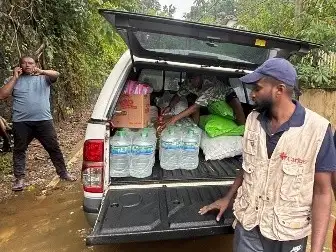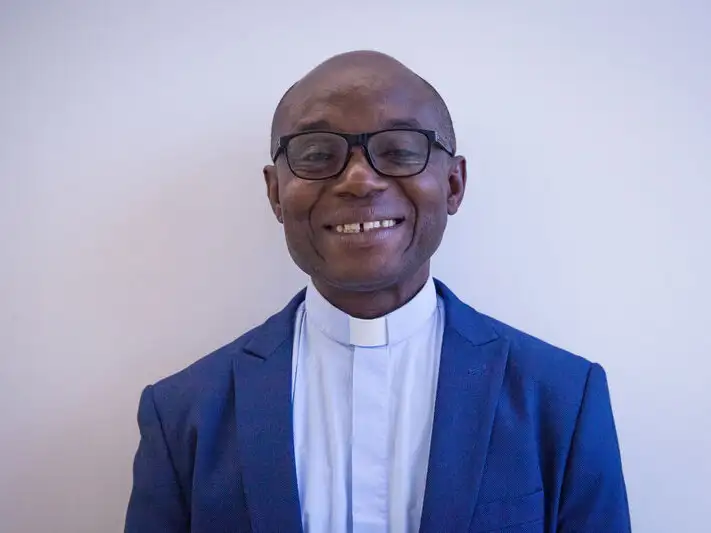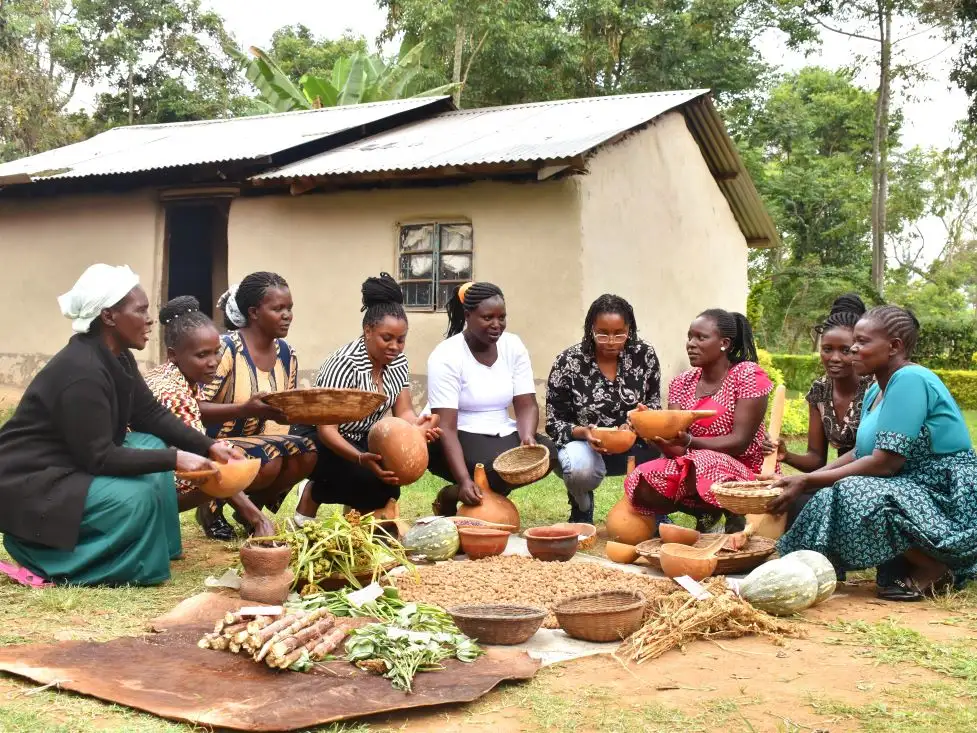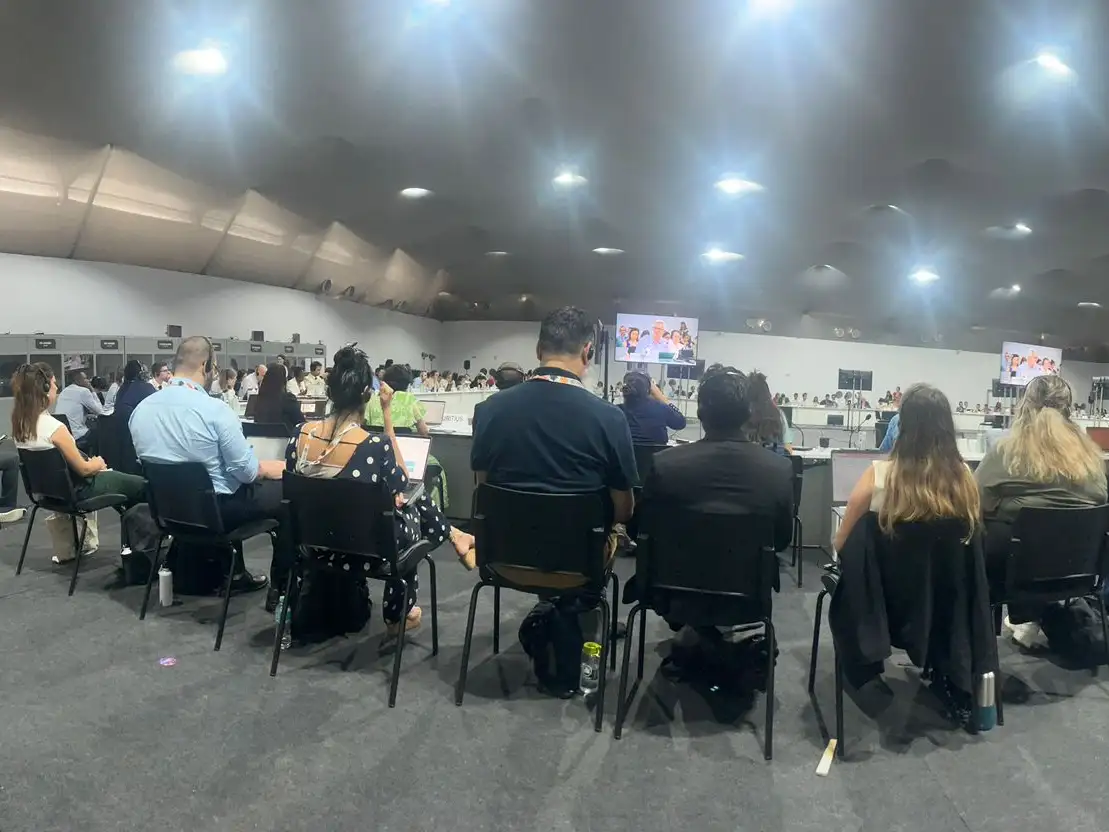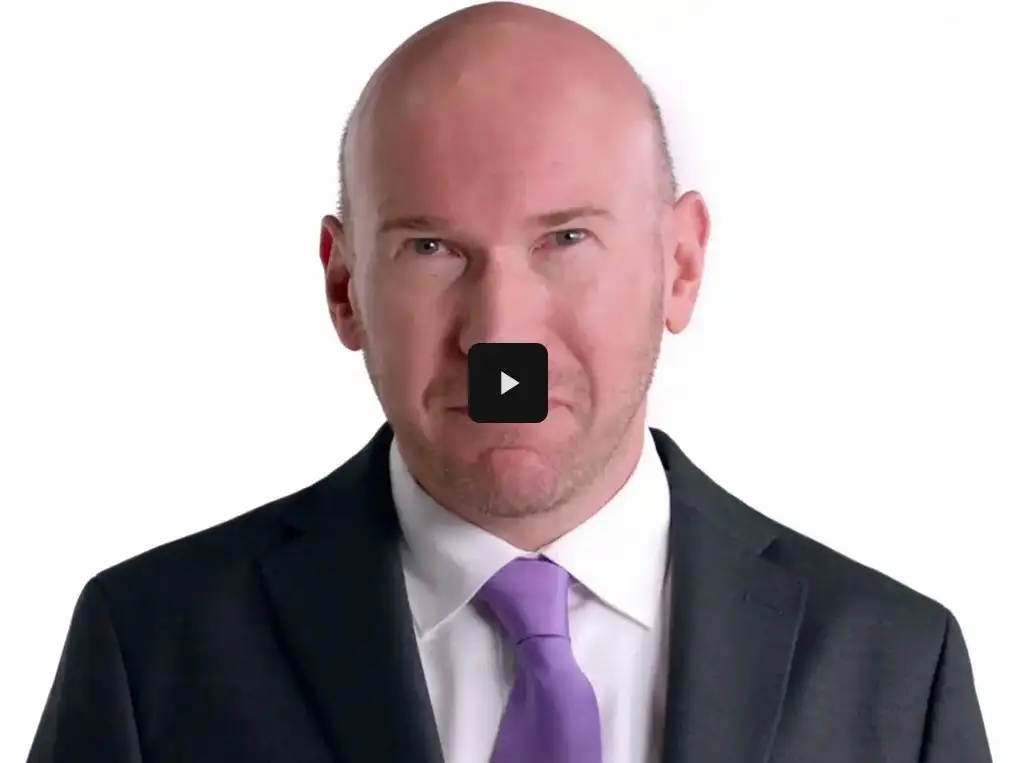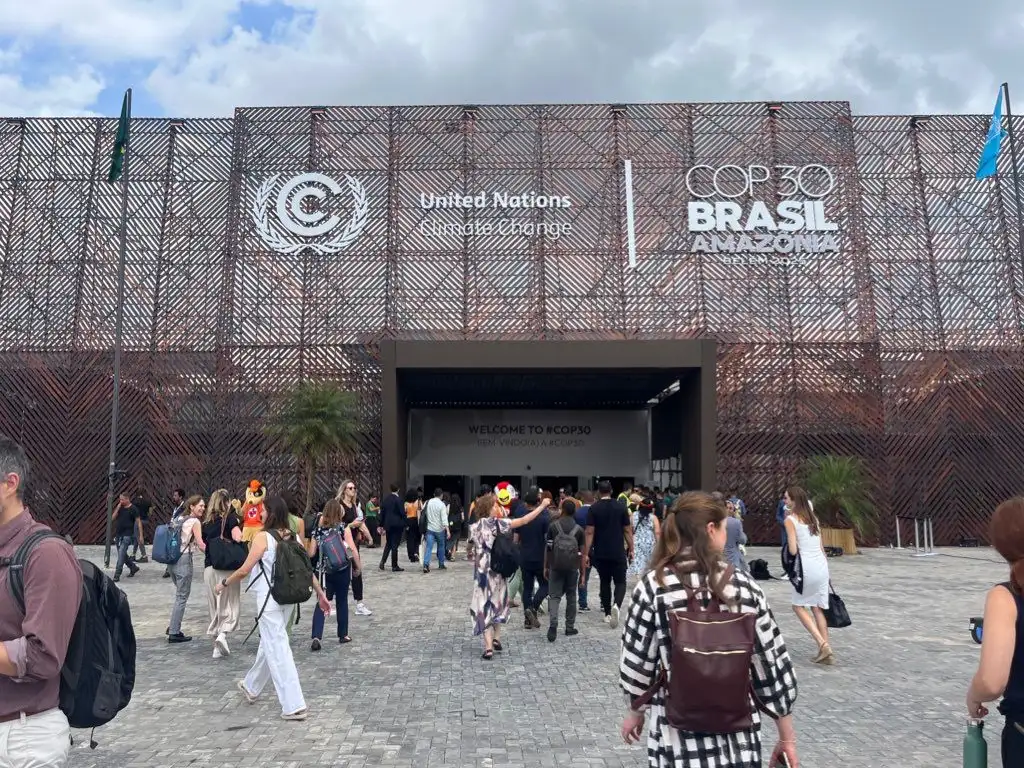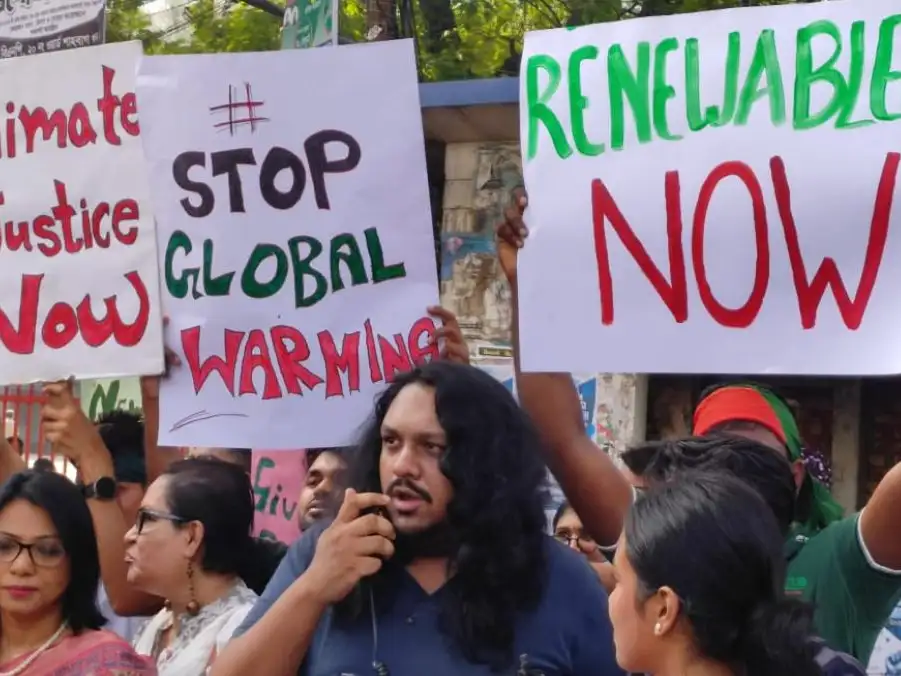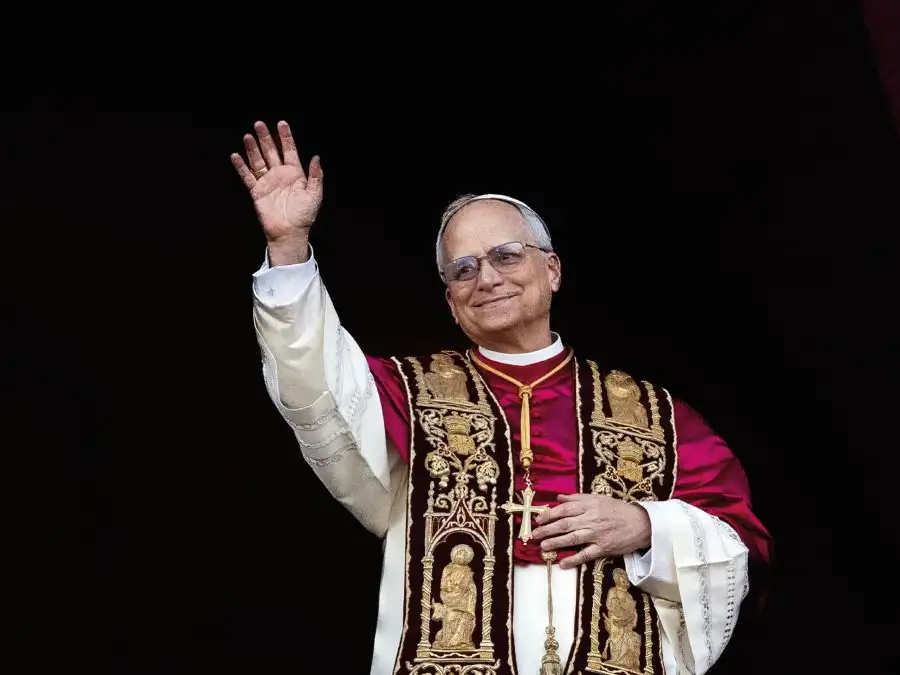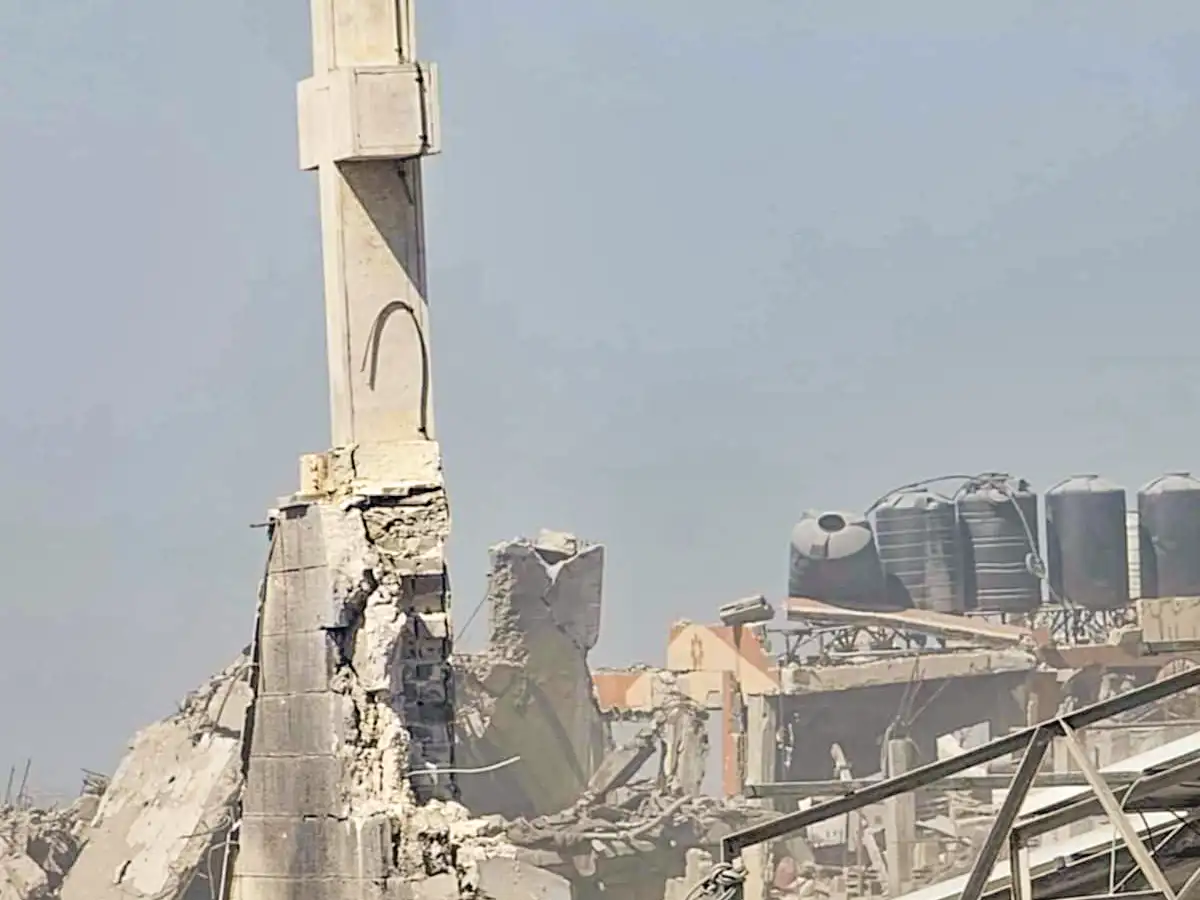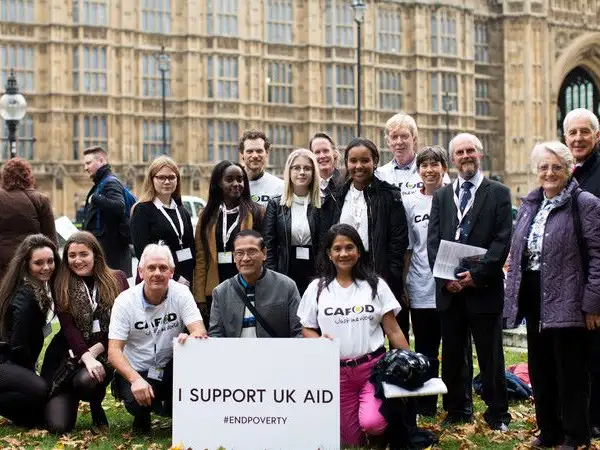

CAFOD supporters lobbied their MPs in support of overseas aid in 2017 on International Day for the Eradication of Poverty. Photo credit: Jason Sheehan
CAFOD's Director Christine Allen has responded to the government's announcement that the Department for International Development (DFID) is to merge with the Foreign Office.
The Prime Minister’s announcement on maximising British influence through aid is seriously misguided. We believe the aid budget’s sole focus should be on helping the world’s poorest people, and that is how Britain will get the respect of other countries and their people.
Our support for our brothers and sisters living in poverty shouldn’t be contingent on what we as Britain can get out of it – we must have a clear distinction between our aid budget and money spent on British interests.
The last few weeks have reminded us of the debt that Britain owes to many countries and communities, and our aid spending is one way we can help to support those communities as they tackle the effects of climate change, poverty and human rights abuses.
Our support for our brothers and sisters living in poverty shouldn’t be contingent on what we as Britain can get out of it
Increasingly issues such as climate change, the destruction of nature and the spread of Covid-19 demonstrate unequivocally that global issues can only be tackled through increased global cooperation, and that progress can be reversed through retreating into approaches based on national interest.
UK aid is recognised worldwide for its commitment to reaching some of the poorest people and communities, through actions such as responding to Ebola and coronavirus, reaching people in war zones and after natural disasters, and supporting civil society groups to strengthen accountability for spending on healthcare and education. This commitment must be at the heart of all UK aid to avoid it being spent according to narrow political interests.
DFID has consistently been one of the leaders of global aid transparency rankings. We want to see all aid spending being subjected to the same standards of transparency as DFID spending has been, to ensure it remains focused on the poorest people and communities and brings value for money.
Christine Allen
Director, CAFOD


 Letter to the Prime Minister from Zambian bishop
Letter to the Prime Minister from Zambian bishop